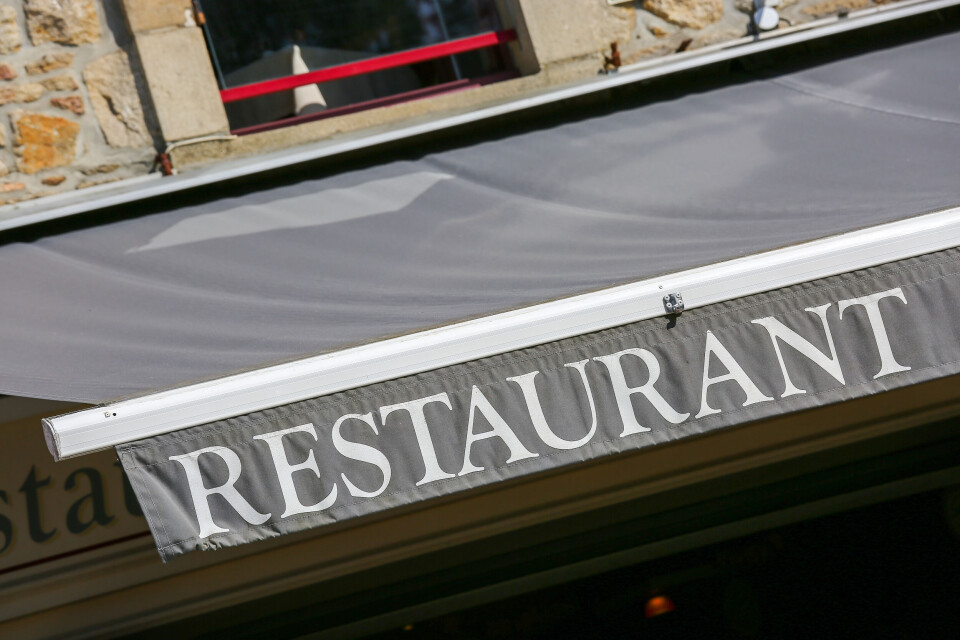-
Rugby vocabulary to know if watching the Six Nations in France
From un tampon to une cathédrale, understand the meaning of key French rugby terms
-
Best value 2026 Michelin French restaurants: Are there any near you?
Four regions did especially well on this year’s Bib Gourmand restaurant list
-
Tips triple in French restaurants using suggested-tip payment terminals
Customers complain of feeling pressured to leave money
Restaurateur in France beats no-shows by charging for bookings
The bar and restaurant manager has implemented the system in a bid to deter customers from not showing up, which can be extremely costly for businesses

A restaurateur in France has started charging people for reservations in a bid to curb the increasing number of no-show customers, with a €10 deposit for drinks and €25 for restaurant bookings.
Sandro Di Bernardi, manager of the Mojito Bar and the Tantra restaurant in Metz, Moselle (Grand Est) has been implementing the new system since March 2022. He told newspaper Lorraine Actu that it has significantly cut down on no-shows, protecting the business’ income.
He said: “It’s a practice that is already widely used around the world, especially in larger towns.
“More and more, we are seeing people who reserve in several areas and then choose another restaurant. With internet reservations, it’s more and more anonymous, people can leave an email address or a fake number.
“This no-show phenomenon is even more annoying when we have tables for 10 people who don’t show up, and it stops other customers who haven’t reserved from being able to come in. For a restaurateur, that represents a loss, because we have costs and employees to pay.
“So I have just adopted an idea that is already being done elsewhere.”
Mr Di Bernardi’s deposits are deducted from the final bill after customers drink or eat.
Customers can still reserve without paying, but in that case, their booking is not confirmed, as paying reservations take priority.
Mr Di Bernardi said: “Paying online has become normal practice. Since we started the system, 50% of clients have created an account with us. People who have paid in advance take priority over those who have made a non-paying reservation only.”
In case of cancellation, if it is done 48 hours in advance, the client receives a 100% refund. If the cancellation is between 24-48 hours in advance, they receive a 50% refund. If the cancellation is made on the day of the reservation, no refund is given.
“However, we’re always open to a conversation,” says Mr Di Bernardi. “If there is a genuine reason for a last-minute cancellation, it’s always possible for us to postpone the reservation so the client doesn’t lose out.”
Residents of the town were already introduced to the practice when pop-up igloos were installed in Place de Chambre last winter. All reservations were paid in advance with no extra money required on departure.
Mr Di Bernardi has said that other restaurateurs in the area have already contacted him to ask about the system.
He said: “I advise them on how to do it, but it’s then up to them if they want to put it in place.”
Related articles
1,500 French restaurants offer 50% discount as part of food festival
‘Pay now, use later’ sites help ailing French bistros
Restaurants try new ways to recruit to tackle chronic waiter shortages
























